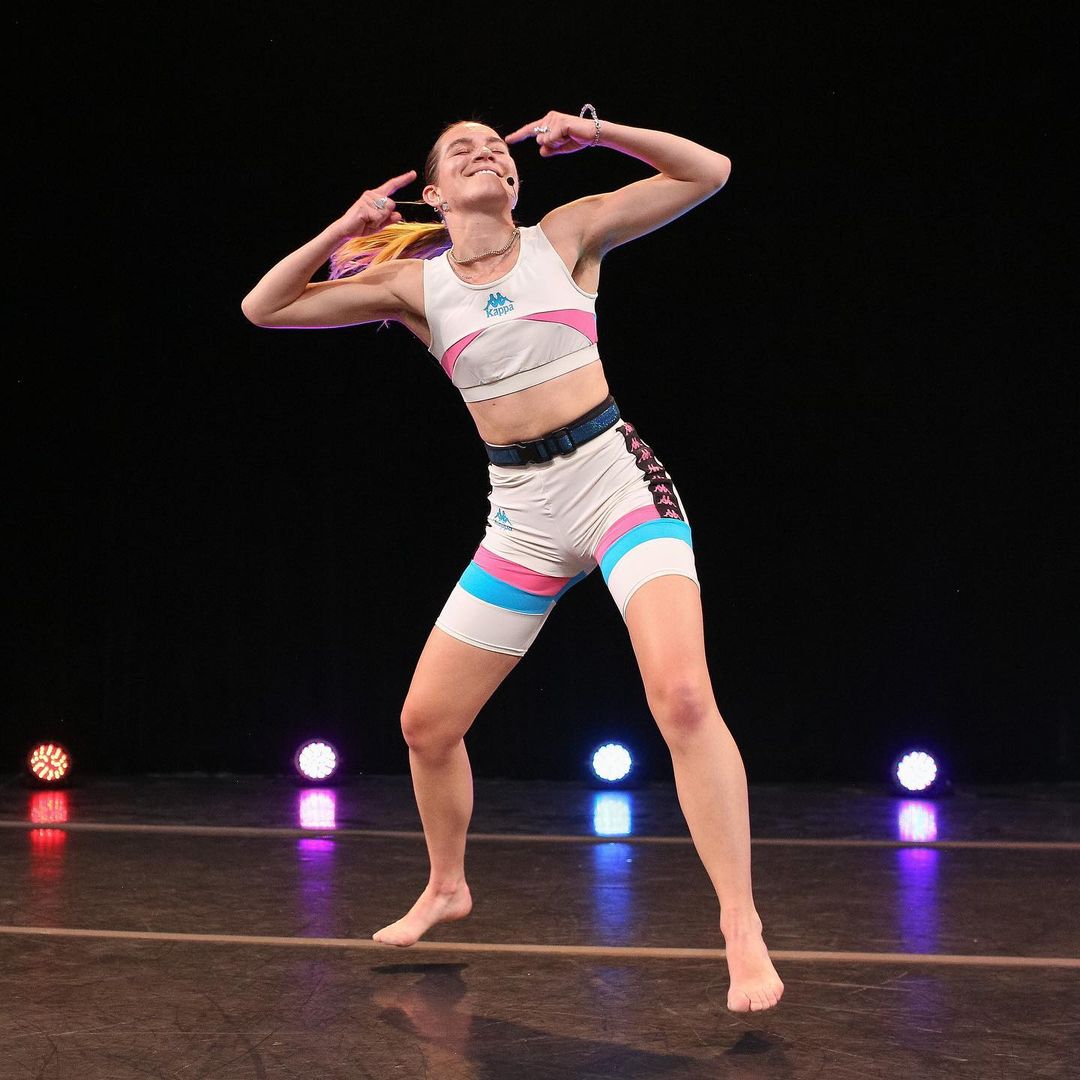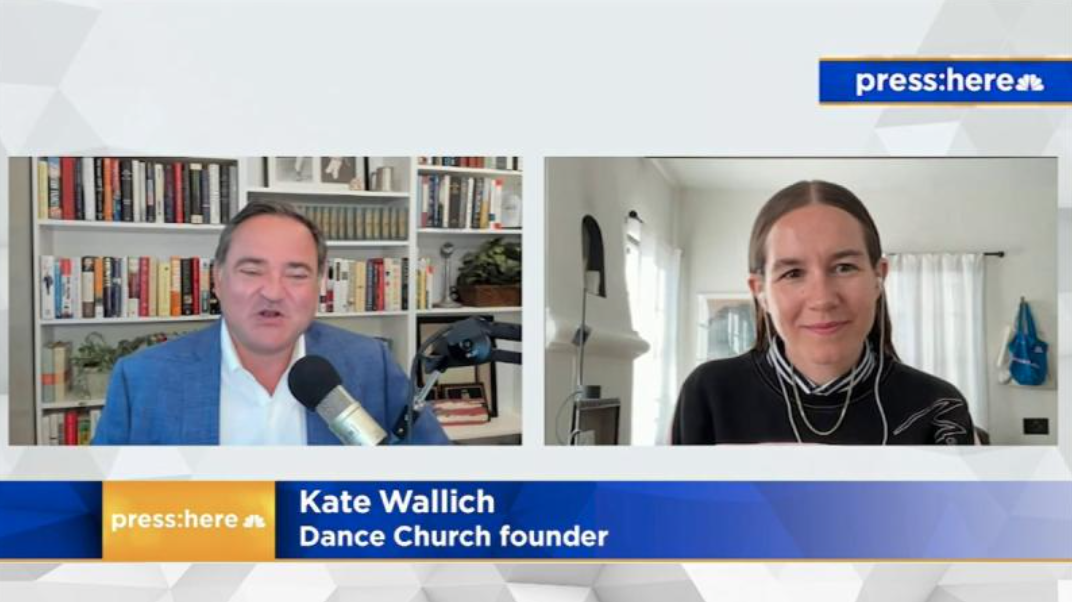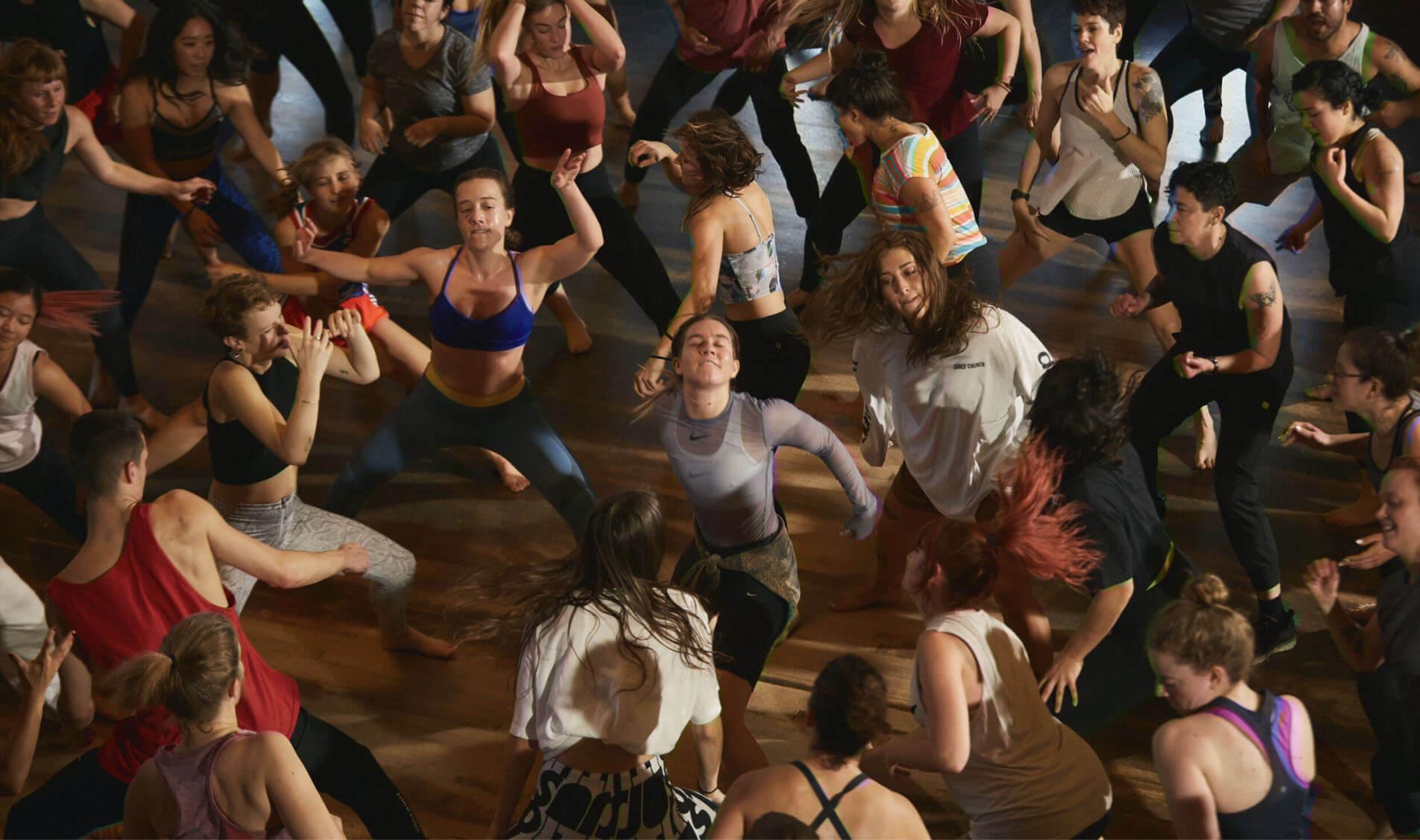According to a report by Zendesk & Enterprise Strategy Group, the customer service team is evolving from cost center to profit center as they inform insights and drive decisions that lead to success.
Dance Church raises $4.7M to get your bootie back on the (virtual) dance floor

Our DJ, who art in heaven, hallowed be thy name. Thy dancefloor come, thy steps be done, on earth, as it is at Dance Church. The 11-year-old startup, which started back in 2010 as an in-person experience, has seen tremendous growth, especially as people were forced out of dance studios because of COVID-19. Fueled by a rise in popularity in at-home tush-shaking, the company snagged $4.7 million from a handful of investors led by MaC Ventures.
The company started with four to five people gathering in a dance studio in Seattle, but rapidly grew in popularity and impact, to the point where Dance Church’s founder, Kate Wallich, decided it was time to shift gears, turning the passion project into a full-fledged tech endeavor.
“Dance Church offers joyful and inclusive movement classes that are one part performance, one part fitness and one part dance party,” explains long-time Dance Church community member Clara Siegel, who joined the company as its CEO at the start of the year. “And you can think of Dance Church as a grassroots community movement that turned into a tech company when going online during the pandemic.”
The project started its life under the name “Sunday Movement Practice,” but the dancers showing up to the sessions started referring to it as Dance Church — and the name stuck. The company has no religious undercurrent, but its following certainly grew at biblical speed. Siegel explains that the community grew rapidly during the pandemic, with a very simple tech stack. At launch, 40,000 people started following the dance videos seemingly overnight, and in the last year, almost 150,000 people have tuned in to participate in classes. With traction like that, no wonder VCs started paying attention.
“Joining as the CEO has been absolutely incredible, the honor of my life,” says Siegel. “My role models throughout my career in tech have been incredible, trailblazing women. Kate [Wallich] is this incredible entrepreneur.”
The company’s product grew organically, as well; the community members started playing the instruction videos together and dancing together on Zoom. Of course, that’s a somewhat clunky solution, and Dance Church saw an opportunity: building a tech platform around the behaviors it knew its members were already displaying.
One of the powerful drivers for Dance Church is inclusivity, with a very Seattle “come as you are” approach.
“We reach a really broad audience, which is really exciting. What we do is a wrapper for fitness, but I think fitness has become synonymous with reaching a goal and trying to get your body to look a certain way,” says Siegel, outlining the company’s inclusive-first approach, welcoming people of all ages, backgrounds and physical abilities. “I feel like I can be myself in this space. We are seeing really broad age ranges of people who are taking Dance Church classes, especially with going online. We have people in their 90s take classes, alongside people with disabilities, and there’s a lot of demand for kids’ dance classes, too.”
The investors agreed, shaking the money tree to the tune of $4.7 million led by MaC Ventures.
“MaC is our lead investor, and they’ve been absolutely phenomenal,” Siegel explains. “They have a breadth of experience in a number of things, and for us, it was this intersection between technology and entertainment that was really unique. Dance Church, as a product, straddles a couple of different verticals. And entertainment is one of them. MaC has experience in that field and were able to add value right away. A big part of their mission is around investing in underrepresented founding teams and underserved communities. They’re very aligned with our mission.”
In addition to MaC Ventures, PSL Ventures, Crush Ventures, Kid Venture Capital, Spike Ventures and Graham & Walker participated in the round. The money will be spent on building out the tech platform, producing more content and driving more sign-ups and engagement among its members.
“We were struck by the outpouring of admiration from the Dance Church community,” said Zhenni Liu, the partner at MaC who led the investment and will be joining the Dance Church board. “It is wellness that’s joyful and connective. Dance Church doesn’t ask people to change, and people love that.”
Source: TechCrunch




